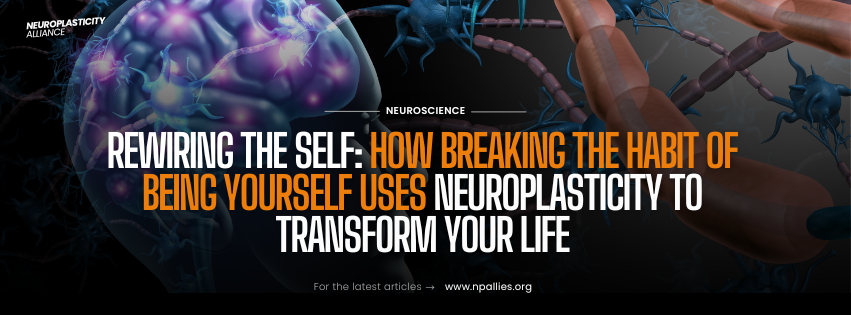The Neuroscience of Sleep: 5 Ways Rest Transforms Cognitive Performance
- Sherry Odom

- Oct 10, 2025
- 3 min read
Top 5 Ways Sleep Impacts Cognitive Performance
In an era where productivity hacks and nootropics dominate conversations about cognitive enhancement, one of the most powerful tools remains free and natural: sleep. Beyond mere rest, sleep actively reshapes the brain through neuroplasticity—the brain's ability to form new connections and adapt.
This process underpins cognitive improvements, from sharper memory to innovative thinking. Whether you're a student cramming for exams, a professional tackling complex problems, or an older adult maintaining cognitive vitality, understanding these mechanisms can transform your approach to rest and recovery.

1. Enhancing Memory Consolidation Through Neural Rewiring
Sleep's role in memory consolidation is profound. It stabilizes new information and integrates it into long-term storage, directly fueling neuroplastic change. During non-REM sleep, the brain replays daily experiences, strengthening synaptic connections in the hippocampus and cortex. This active process not only preserves memories but enhances cognitive flexibility, allowing the brain to adapt and recall information more efficiently.
2. Improving Attention and Focus via Restorative Plasticity
A well-rested brain excels at sustaining attention and filtering distractions, thanks to sleep's restoration of prefrontal cortex functions. By clearing metabolic waste and recalibrating neural networks during deep sleep, the brain becomes more adaptable and efficient. This process—sometimes referred to as restorative neuroplasticity—supports the sustained concentration and executive function required for learning, productivity, and emotional regulation.
3. Boosting Learning and Neuroplasticity for Adaptive Cognition
Sleep directly amplifies learning by fostering neuroplasticity, enabling the brain to form and strengthen new neural pathways. Deep sleep restores the capacity for efficient encoding, while REM phases support structural changes that underpin skill acquisition. Studies show that sleep deprivation disrupts this plasticity, leading to impaired performance, whereas adequate rest enhances behavioral adaptation and cognitive growth.
This reciprocal relationship means sleep not only consolidates what you’ve learned but primes the brain for future growth—a key insight supported by modern neuroplasticity research shared in our Rewire Your Brain Series.
4. Enhancing Problem-Solving and Creativity Through Associative Networks
REM sleep stands out for sparking creativity and problem-solving by priming associative networks, a core aspect of neuroplasticity. Research demonstrates that REM sleep facilitates the integration of unassociated ideas, leading to innovative insights. This process reorganizes memories, fostering divergent thinking and abstract reasoning.
By promoting novel neural connections during sleep onset and REM cycles, the brain becomes more adaptable—turning rest into a catalyst for creative breakthroughs and cognitive agility.
5. Regulating Emotional Processing for Balanced Cognitive Function
Sleep regulates emotions by modulating brain regions like the amygdala and prefrontal cortex, supporting neuroplasticity that maintains emotional stability and cognitive clarity. Well-rested individuals experience improved judgment, reduced impulsivity, and better stress resilience—all key markers of a well-regulated brain.
This emotional regulation enhances our ability to focus, problem-solve, and adapt—hallmarks of a resilient and rewired brain.

Harness Sleep for Peak Cognitive Potential
Sleep isn’t passive—it’s a dynamic, regenerative process that weaves neuroplasticity into every facet of cognitive performance, from memory to emotional balance. By prioritizing 7–9 hours of quality rest, you unlock your brain’s ability to rewire, adapt, and thrive.
In a world chasing quick fixes, embracing sleep might be the most powerful—and overlooked—strategy for a sharper, more resilient mind.Rest well. Rewire better.
About the Neuroplasticity Alliance (NPA)
The Neuroplasticity Alliance (NPA) is dedicated to bridging neuroscience and everyday life by helping individuals and organizations understand how the brain heals, grows, and adapts. Through our educational initiatives, we aim to make neuroscience accessible and actionable—empowering people to harness neuroplasticity for improved mental health, recovery, and cognitive performance.
Join Our Free 4-Part “Rewire Your Brain” SeriesDiscover how lifestyle, environment, and daily habits influence your brain’s ability to change. Each session explores practical ways to strengthen neural connections and enhance cognitive resilience.
🧠 Session 1: Discovering Neuroplasticity
💤 Session 2: Lifestyle & Sleep for Brain Health
🧩 Session 3: Neurological Self-Discovery & Resilience
🌱 Session 4: Self-Advocacy and Ongoing Brain Rewiring
👉 Visit NeuroplasticityAlliance.org to learn more and register for upcoming sessions—offered both in-person and virtually.




Comments